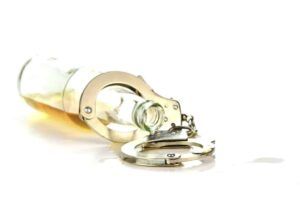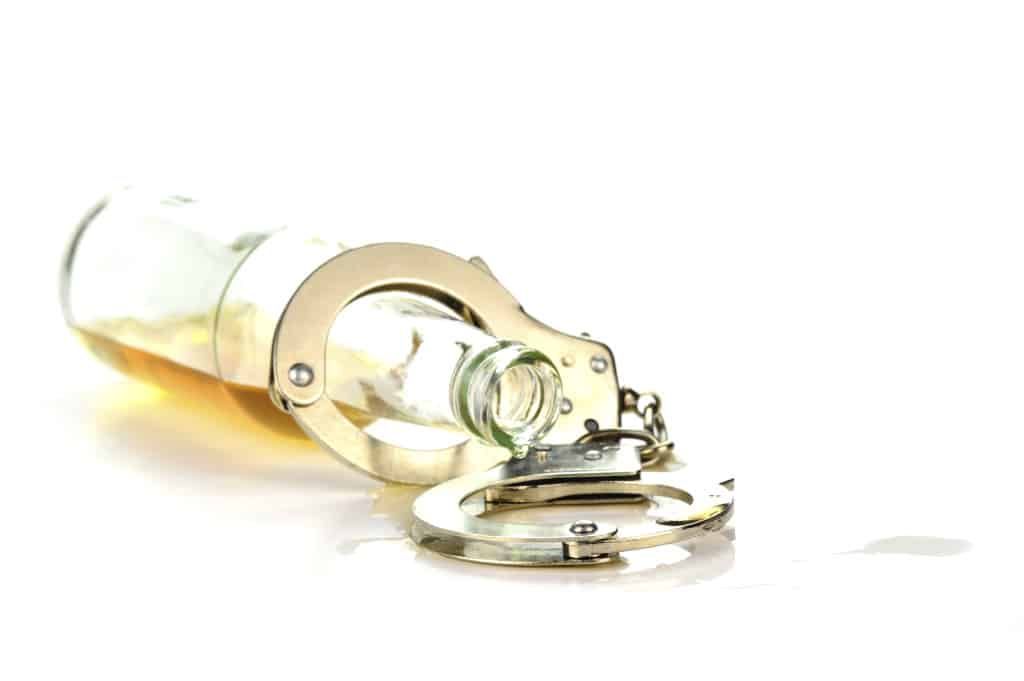 Not every state offers a felony drunk driving charge for driving while intoxicated (DWI) offenders, but every state should have one. Most drunk driving charges are considered misdemeanors, and the felony charges are reserved for chronic repeat offenders or offenders who are arrested with a minor under the age of sixteen in the vehicle.
Not every state offers a felony drunk driving charge for driving while intoxicated (DWI) offenders, but every state should have one. Most drunk driving charges are considered misdemeanors, and the felony charges are reserved for chronic repeat offenders or offenders who are arrested with a minor under the age of sixteen in the vehicle.
Texas has a felony drunk driving charge for its offenders and, judging from the number of felony charges handed out over the past few months, they should be grateful they do. In January, February, and March the city of Houston arrested one hundred and six drivers on felony alcohol charges.
 That’s over one hundred people who were caught drunk driving and are either three times or more repeat offenders or they were drunk driving with a child in the vehicle. Six people were also charged with intoxication manslaughter.
That’s over one hundred people who were caught drunk driving and are either three times or more repeat offenders or they were drunk driving with a child in the vehicle. Six people were also charged with intoxication manslaughter.
Not far from Houston in San Antonio, even more people were arrested on a felony drunk driving charge. One hundred and thirty two people received the felony charge for drunk driving between January and March in San Antonio, and thirty people were arrested on felony charges during a ten day period in April that marks Fiesta in the city.
These Texas offenders are now in the hot seat in terms of DWI penalties. A third degree felony means that person could go to jail for up to two years and pay fines up to $10,000. You’ll also lose your driver’s license for up to two years and you’ll be required to install an ignition interlock device when you can drive again.
If anyone wants a look at how well a felony charge can work for drunk driving, Texas is a great example. Between ignition interlocks for all offenders and a felony drunk driving charge for repeat offenders or anyone who makes the choice to drink and drive with their child along, Texas really is cleaning up the roads.
The Friday Fallout: Every Friday Guardian Interlock will bring you a unique drunk driving case that demonstrates the impact, or fallout, of drunk driving.
